Numerous changes and new features joined Final Fantasy XIV with Patch 6.1, the first major patch following Endwalker‘s release.
PvP fans, especially, are in for a treat since the modes and system have been revamped to try and rekindle players’ interests. In addition to adjusting the seasons and improving the rewards, a new mode was introduced called Crystalline Conflict.
This new mode is smaller-scale, with two teams of five players facing off against each other in an arena where they’ll contest a crystal to escort it to their respective base. In order to dominate the mode, players can use several protective items and have individual Limit Breaks.
This mode is very different to all others in the game, so some long-standing FFXIV fans can be confused when launching it for the first time. Here are some tips to be more successful in Crystalline Conflict.
Related: All PvP changes from Final Fantasy XIV Patch 6.1
Before playing: adjust your HUD
Similar to PvE instances, your HUD plays a crucial role in your performance. And since PvP follows its own rules, you won’t get an optimal HUD by only copying the one you normally use. Instead, you should adjust your HUD specifically for PvP.
Crystalline Conflict games are very fast-paced, more so than any other instance. For this reason, you want to have every button close to each other. Since you have fewer abilities to use, try and find an optimal hotbar for your commands instead of replicating the buttons you use normally. For example, it’s best to assign the Recuperate button in the most-used hotkeys (such as Q or E on PC) and put your Limit Break ability, Guard, and Standard-issue Elixir a bit further since you’ll use them less often.

It’s also a good idea to assign a common hotbar for every job concerning chat features. You can’t write freely in the chat in Crystalline Conflict, but send premade sentences instead. Some of them are useful, such as Limit Break and MP level updates. They’ll help your teammates know what do to, especially if they must engage, retreat, or coordinate their Limit Break with yours. Even if it won’t likely be useful as a beginner, using it from the start will teach you the right habits that will become more useful over time.
Limit Breaks are game-breakers

Every Final Fantasy fan knows how important a Limit Break is. In Crystalline Conflict, it can make the difference between a win and a loss.
Every player has a Limit Break gauge, and it’s possible to track down both their progression on their ally and enemy side. In particular, checking the LB gauge of your enemies is crucial. If you’re standing in the middle of the Crystal and you see an image similar to the one shown above, it means certain death. When you see some players have their LB full, spread out, hit Guard, or go far from the crystal and get ready to spam Recuperate.
Even if you only play some jobs in the game mode, it’s useful to know the LB effect of all classes. For example, the Machinist’s LB, Marksman’s Spite, is a line attack with a massive range: you’ll know a sidestep will be needed to dodge it. Here is a video of all the new PvP Limit Breaks in the game.
Guard: the ultimate tanking ability

In Crystalline Conflict, everyone can tank once in a while, even the healers can thanks to the common ability Guard, which reduces 90 percent of damage taken for a few seconds. Use it well, but use it often, as it can change the course of a fight.
A good strategy is to use it when there’s nobody to defend the crystal or when you take the focus of every enemy around you. It’s also useful as a last resort ability when you’re focused by enemies but have no MP left and no Elixir near you to heal.
Another thing to remember is to immediately stop hitting opponents who activate Guard. Fortunately, it’s easy to spot, as you’ll see a massive opaque blue shield appear around them.
If you perform any action other than moving, such as using Recuperate, know that you’ll instantly lose your shield and will waste its effect.
Retreat rather than die
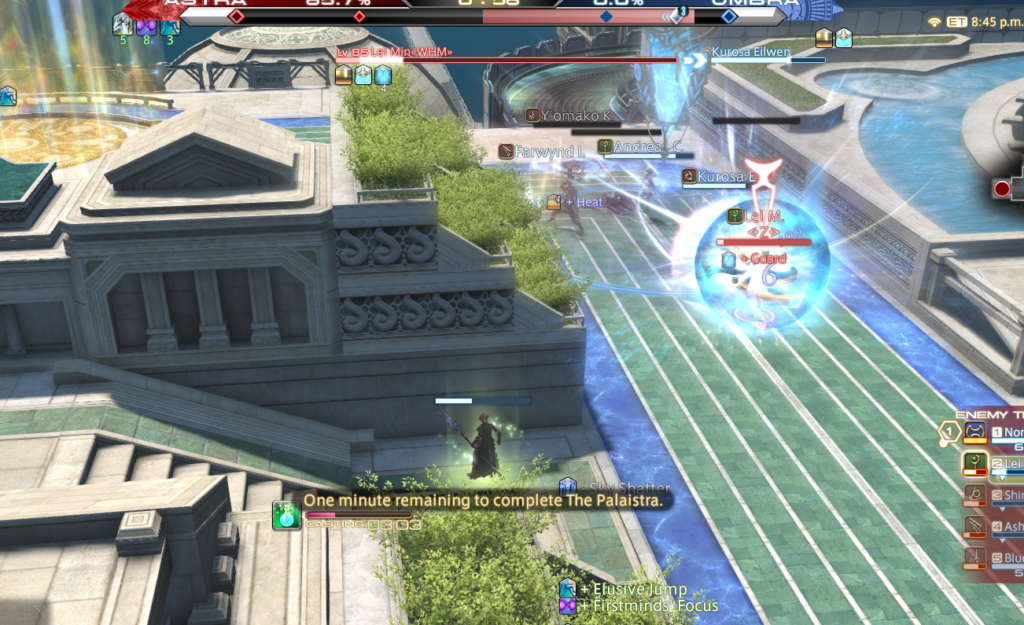
All beginners have done it: when discovering the game mode for the first time, things get so chaotic and fast-paced that players want to engage and stay in the fight to push the Crystal until they die. But it’s clearly not the most optimal solution.
Dying incapacitates you for at least 10 seconds, and you have to add the respawn animation delay, as well as the time required to get back in the fight. It’s much more efficient to track your mana gauge and retreat when it’s nearly empty. Hide behind a structure and use your Elixir, or head to an instant Elixir point on the map. If you’re using the Elixir, be careful: the five-second animation resets upon receiving damage. It can be frustrating to see your teammates struggle while you’re healing yourself, but it’s worth it most of the cases.
Many other tips could be included on this list, but you’ll naturally learn them with experience. Things such as when to heal and who to CC, or when to engage in a fight, will become second nature as you become accustomed to this game mode and its playstyle.
A good idea, like in any multiplayer video game, can be to record your games and watch them later. You’ll be able to spot your mistakes since, in the heat of action, it’s hard to step back and think about what you’ve just done. It can also allow you to notice strong moves from allies or enemies to try and replicate in another game. Good luck.


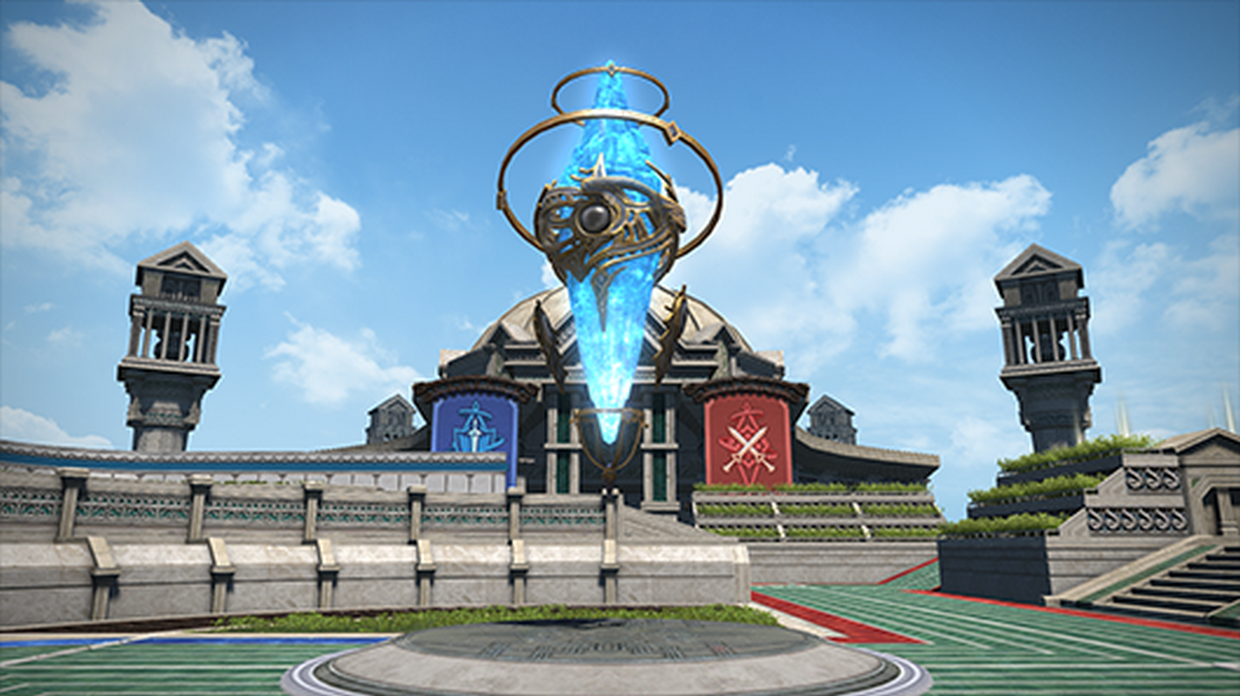
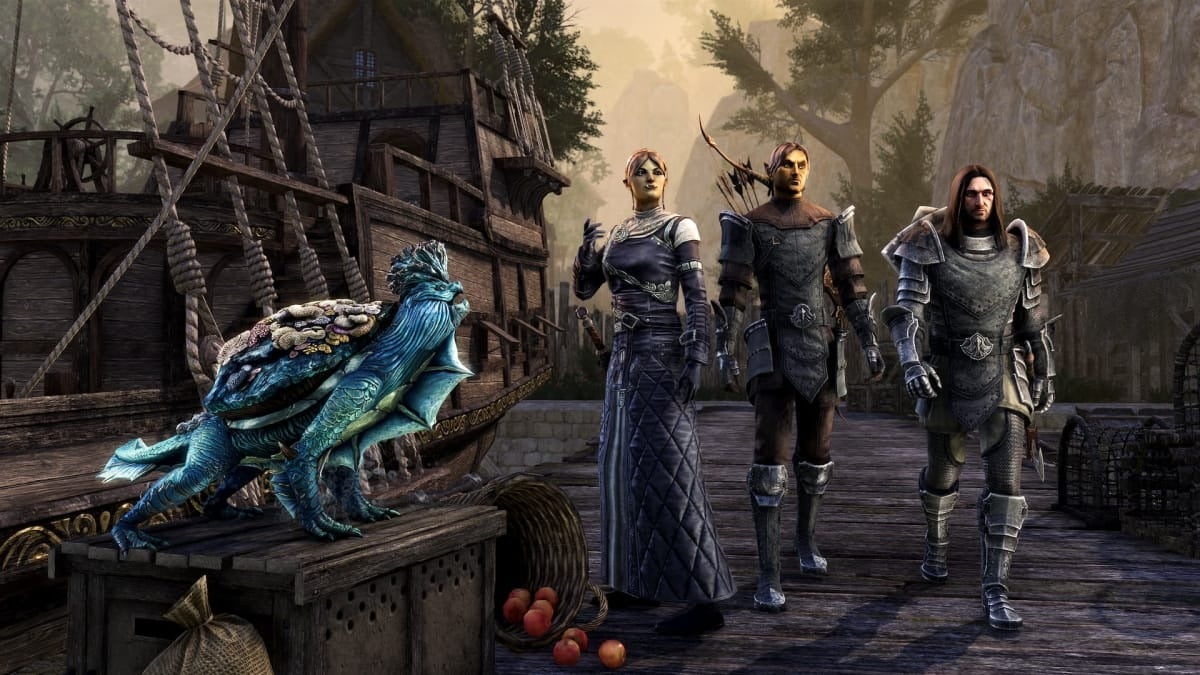

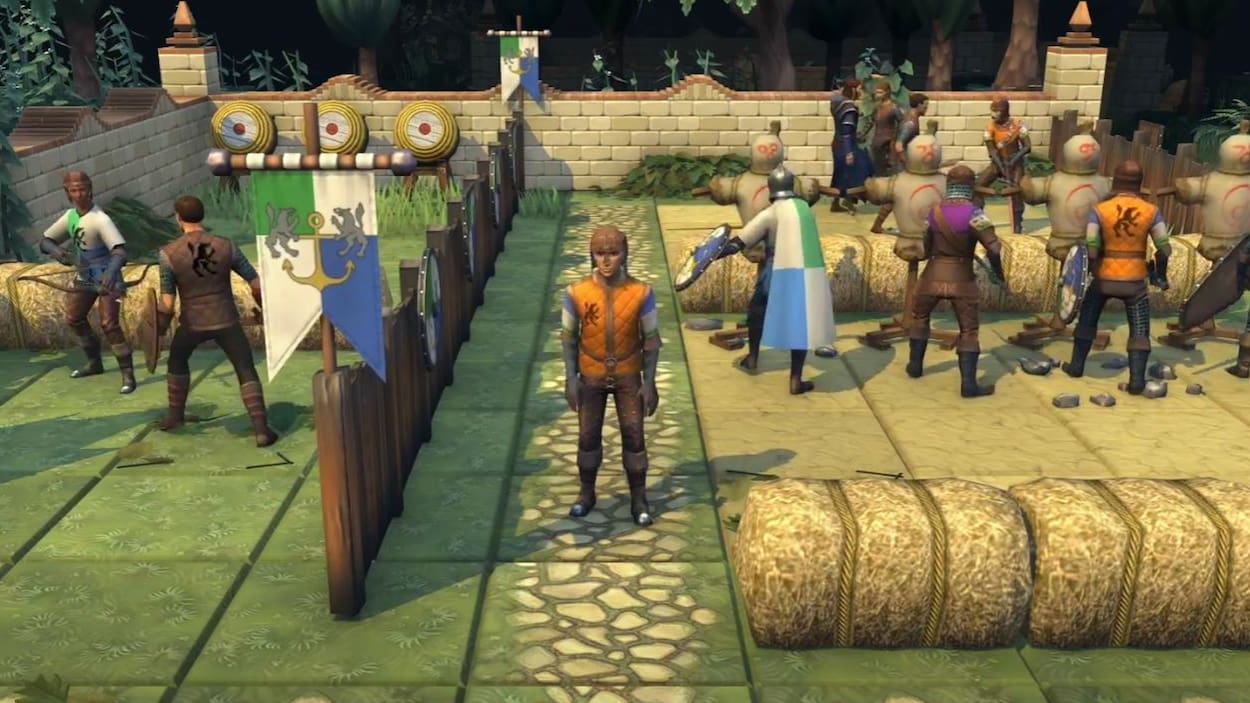
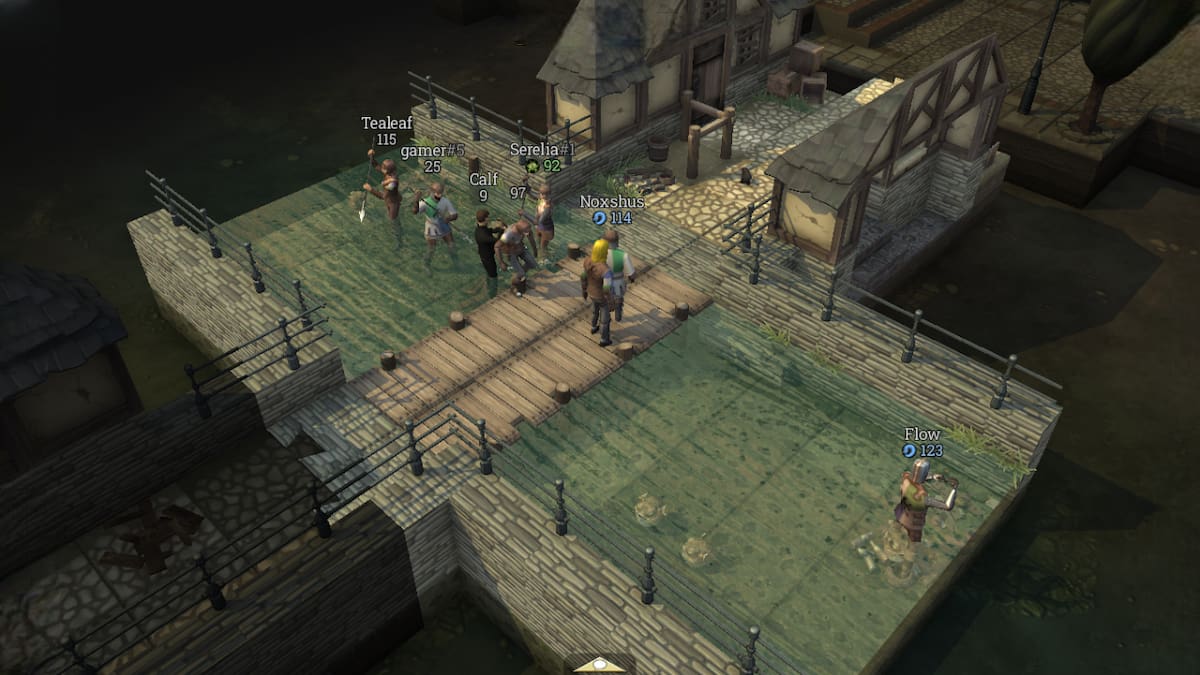
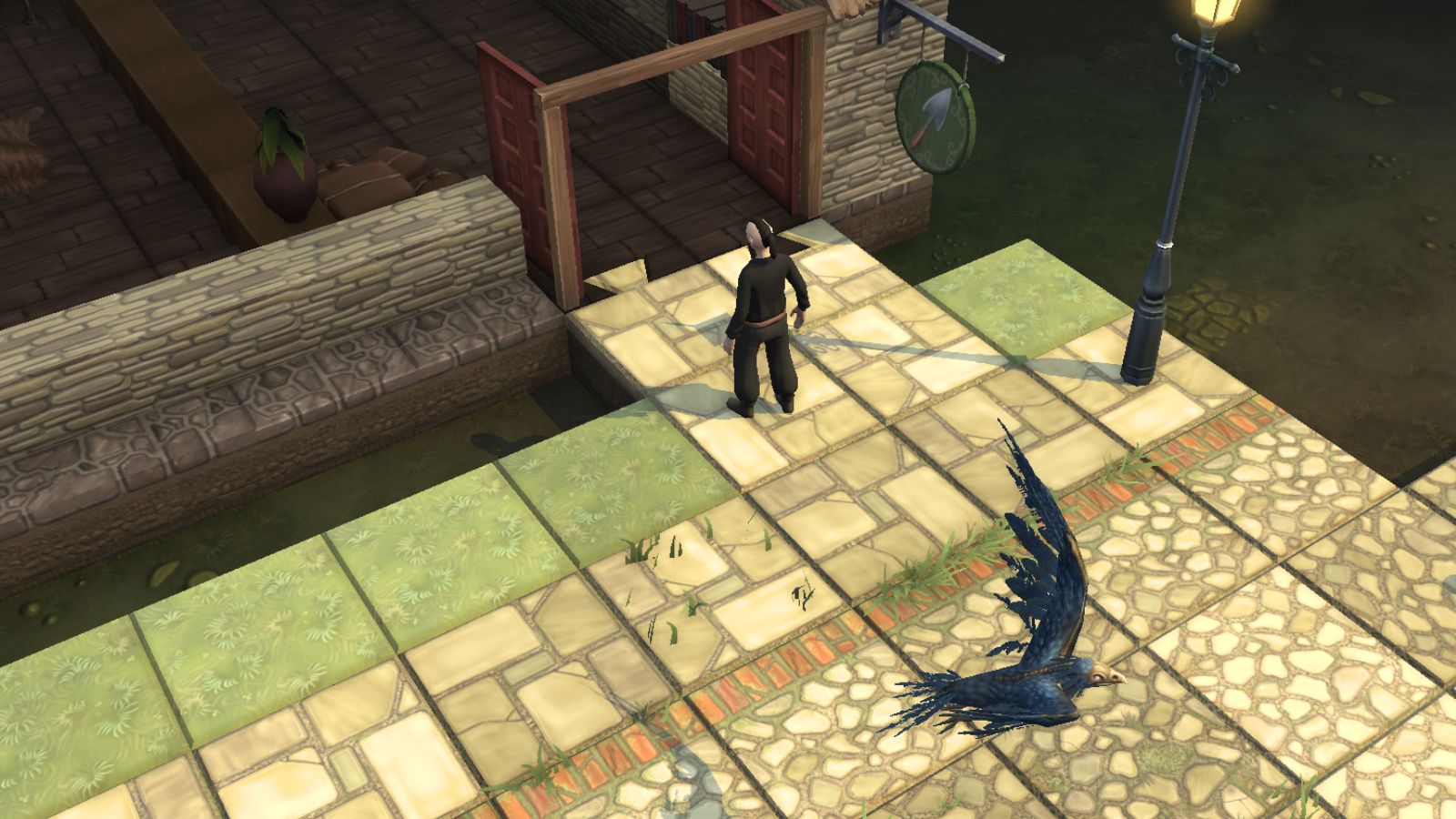
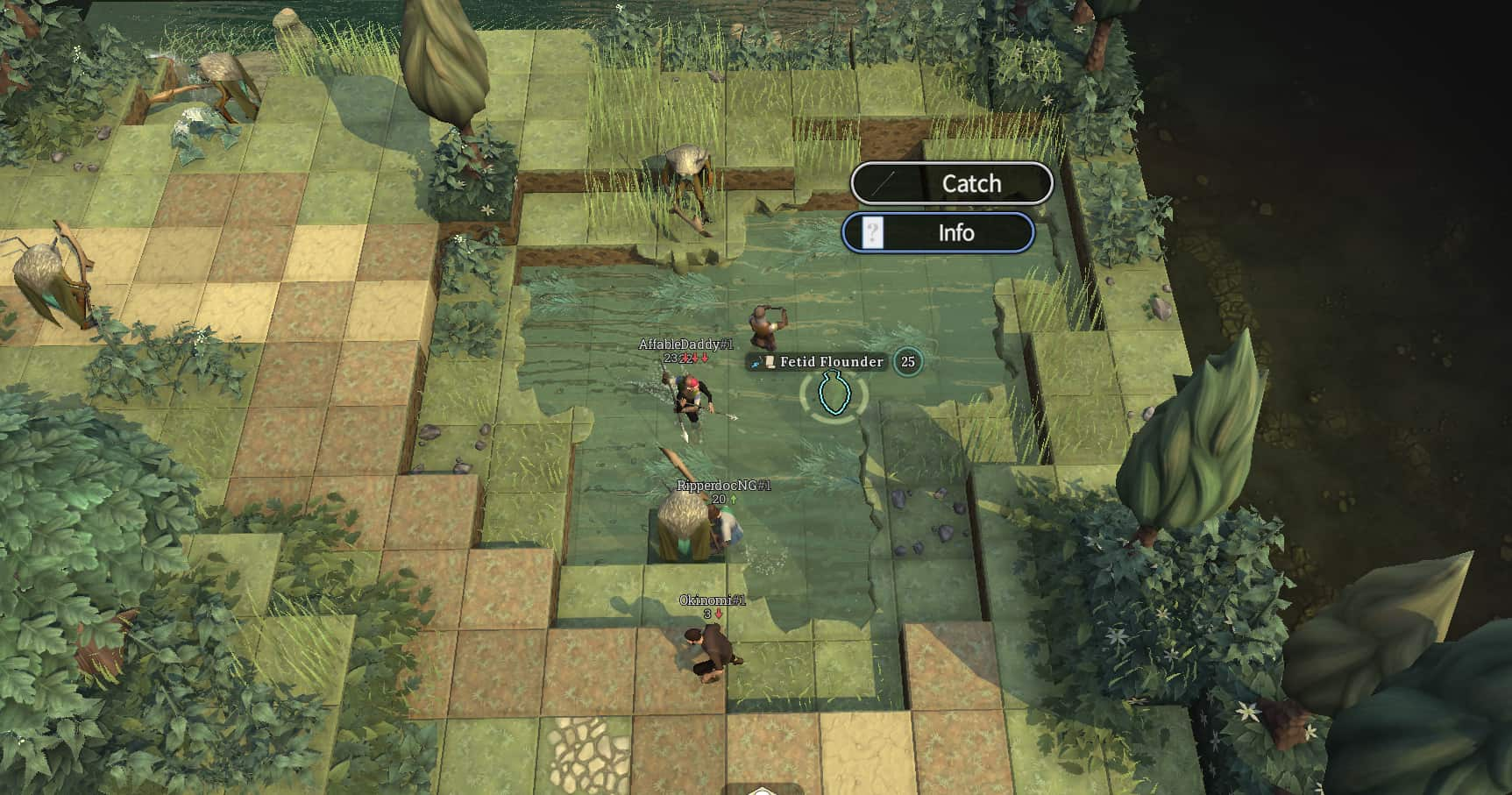
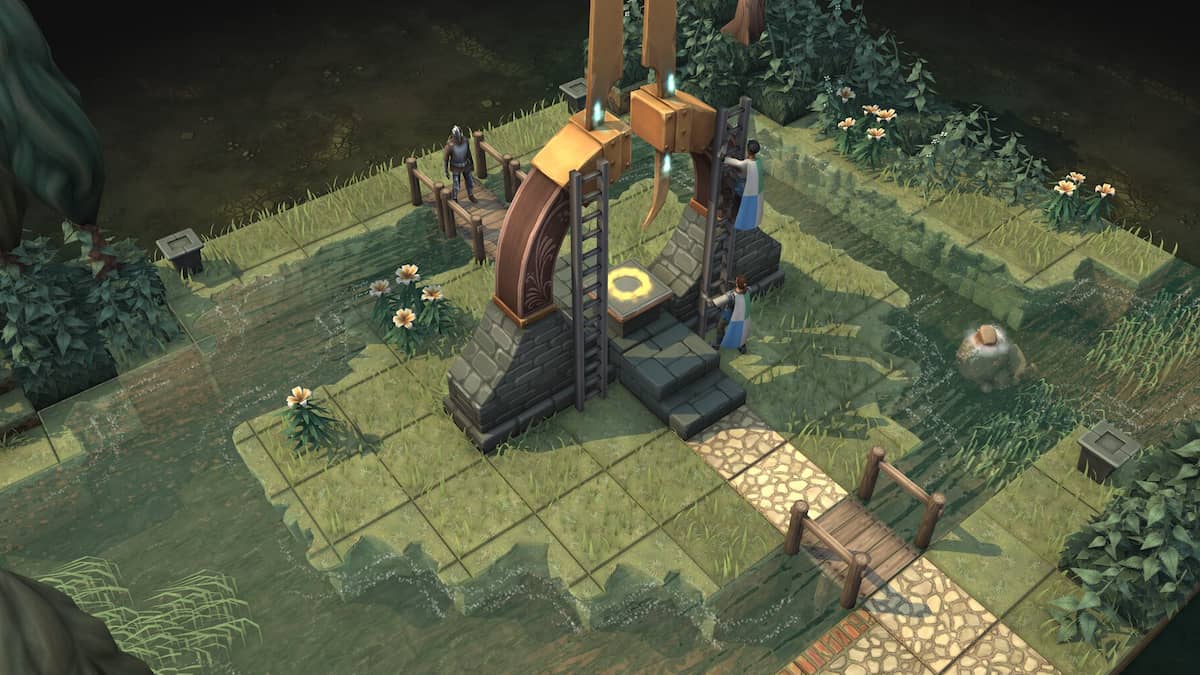
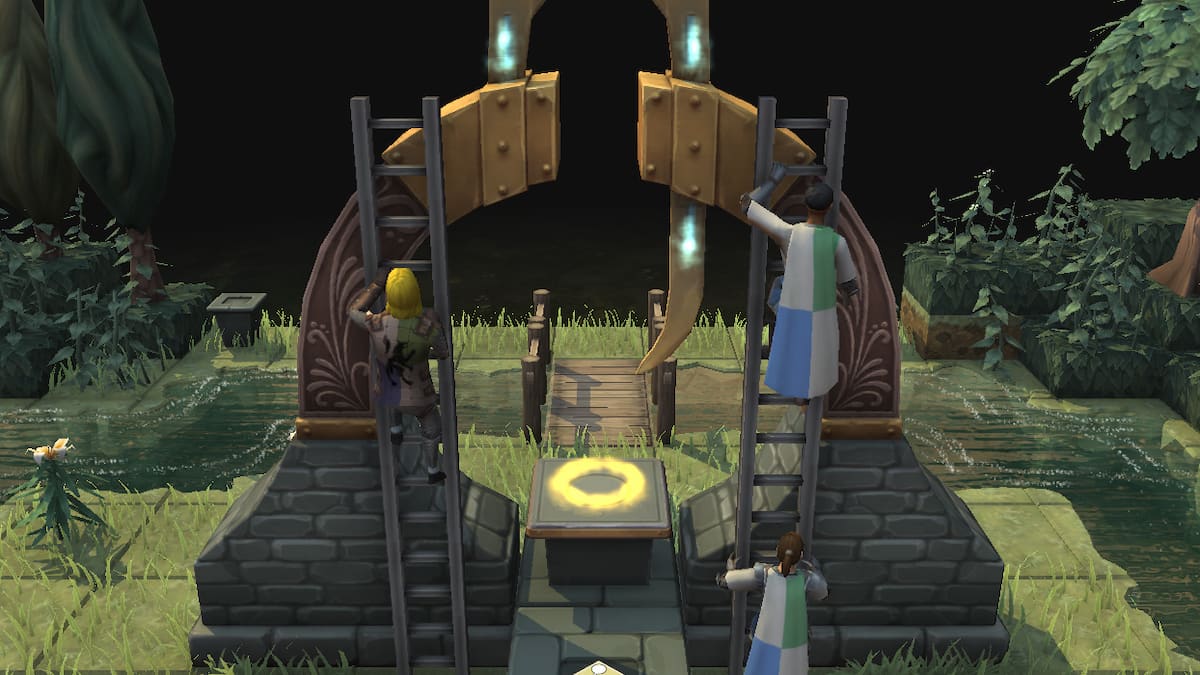
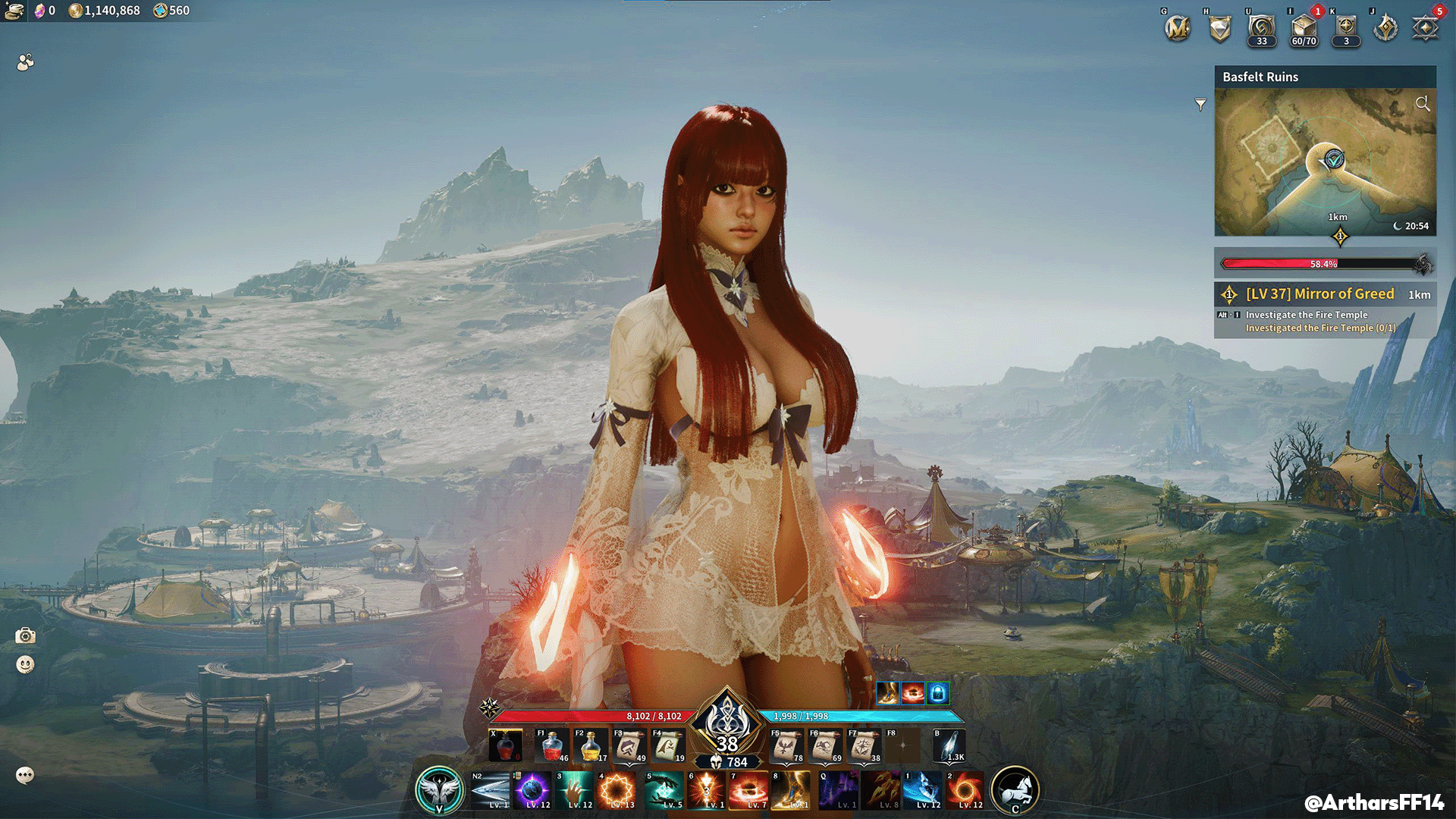

Published: Apr 15, 2022 08:34 am